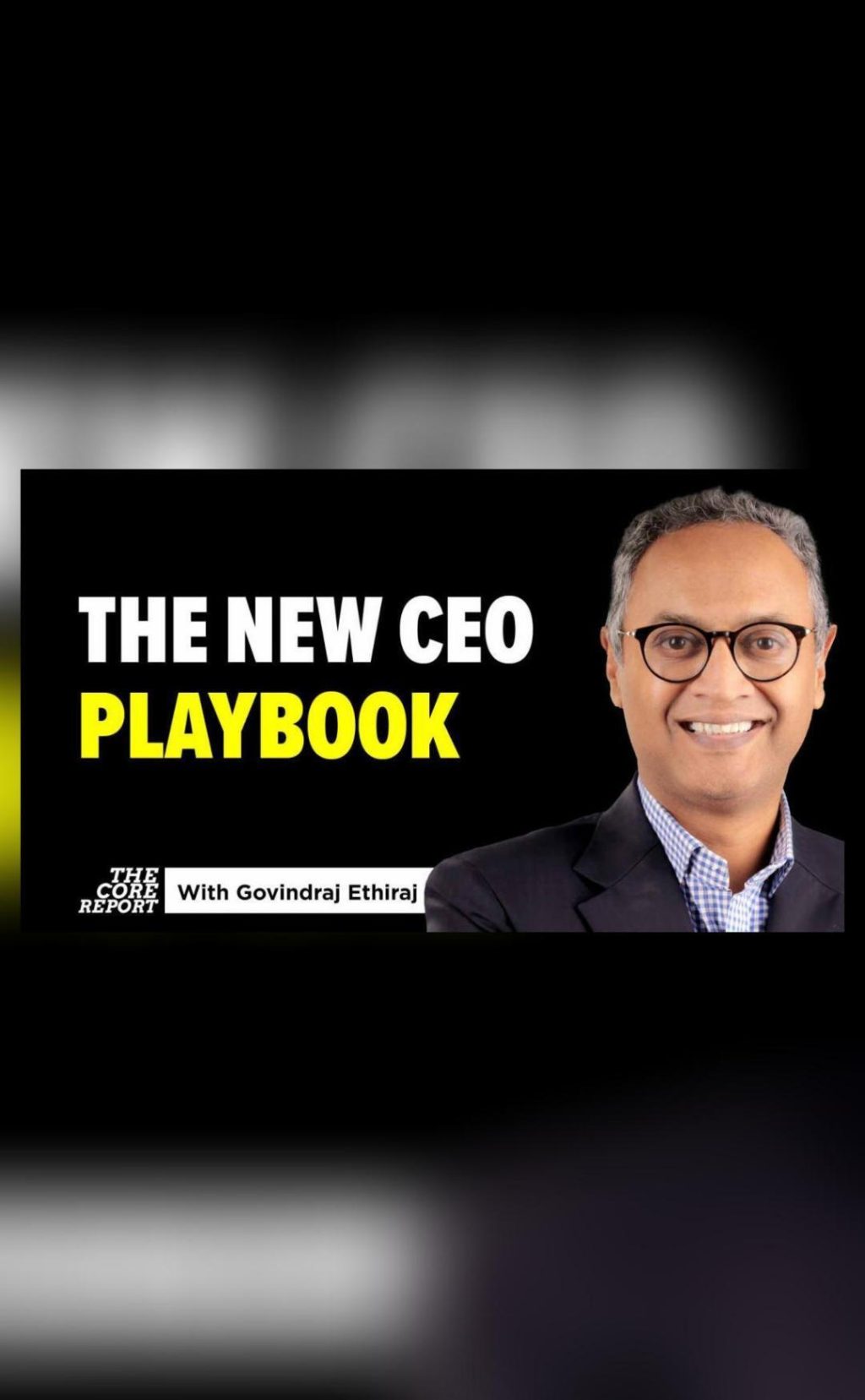
The New CEO Playbook: AI Pressures & Global Tariff Shocks
As the world continues to evolve at an unprecedented pace, CEOs are facing an unprecedented set of challenges. The rise of Artificial Intelligence (AI) is reshaping industries, while global tariff shocks are disrupting trade patterns. This perfect storm of internal and external pressures is forcing business leaders to rethink their strategy and operations, with no guarantee of stability.
In this new era of uncertainty, CEOs are being pushed to localize, adapt, and reconsider long-held business models. But what does this mean for the modern CEO? How can they navigate these uncharted waters and emerge stronger, more resilient, and more competitive?
AI Pressures
The impact of AI on industries is undeniable. From customer service to manufacturing, AI is transforming the way businesses operate. But for CEOs, the pressure to automate and innovate is constant. The McKinsey Global Institute estimates that up to 800 million jobs could be lost worldwide due to automation by 2030. While AI brings many benefits, such as increased efficiency and productivity, it also raises significant concerns about job displacement and worker retraining.
To stay ahead of the curve, CEOs must prioritize investment in AI and digital transformation. This means adopting new technologies, such as machine learning and natural language processing, to drive innovation and efficiency. It also means retraining and upskilling the workforce to ensure they have the skills needed to thrive in an AI-driven economy.
Global Tariff Shocks
The global trade landscape has never been more unpredictable. Tariffs, trade wars, and protectionism are all taking a toll on businesses, from the smallest startup to the largest multinational. The uncertainty surrounding trade policies is making it difficult for CEOs to make long-term plans, invest in new markets, or expand their operations.
The impact of tariff shocks on supply chains is particularly significant. Companies are being forced to navigate complex webs of tariffs, quotas, and duties, all while trying to keep costs down and remain competitive. The risk of supply chain disruptions is ever-present, and CEOs must be prepared to respond quickly to any changes in trade policies.
The New CEO Playbook
So, what can CEOs do to thrive in this new environment? Here are a few key takeaways from the CEO playbook:
- Embrace AI: AI is here to stay, and CEOs must prioritize investment in digital transformation. This means adopting new technologies, retraining the workforce, and driving innovation.
- Localize and Adapt: Tariff shocks and trade uncertainty mean that CEOs must be prepared to localize their operations, adapt to changing market conditions, and rethink their global supply chains.
- Diversify and Resilience: CEOs must prioritize diversification and build resilience into their business models. This means reducing dependence on any one market, product, or supplier, and building relationships with multiple partners and customers.
- Foster a Culture of Innovation: CEOs must foster a culture of innovation within their organizations, encouraging experimentation, taking calculated risks, and embracing failure as a learning opportunity.
- Build Strong Relationships: Tariff shocks and trade uncertainty mean that CEOs must build strong relationships with customers, suppliers, and partners. This means prioritizing communication, collaboration, and trust-building.
Conclusion
The new CEO playbook is all about adapting to the rapidly changing business landscape. CEOs must prioritize investment in AI, localize and adapt their operations, diversify their business models, foster a culture of innovation, and build strong relationships with stakeholders. With no guarantee of stability, companies that can navigate these uncharted waters will emerge stronger, more resilient, and more competitive.
Watch the video for more insights:






